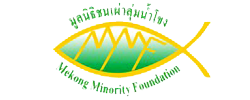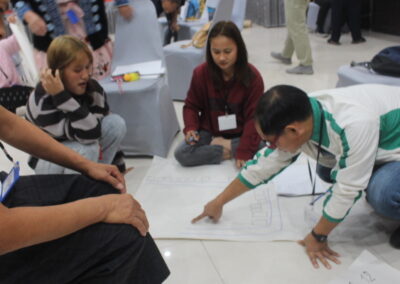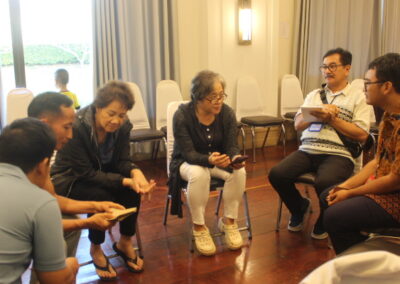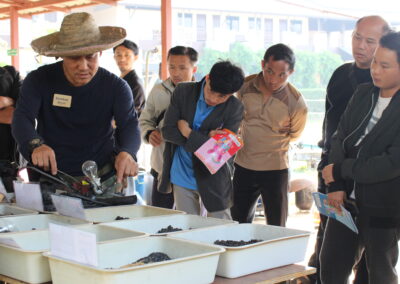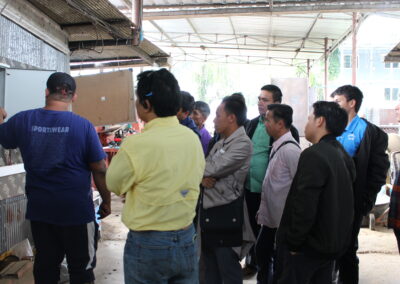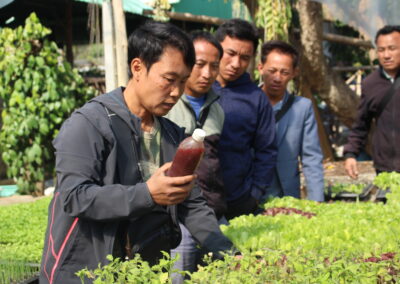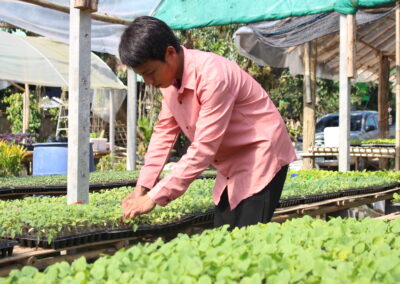Mekong Minority Community Transformation Project
The ethnic communities of the Mekong subregion primarily reside in mountainous areas, highlands, and tropical forests. Their settlements are often near rivers and streams, which are essential for agriculture and daily life. These communities have a deep spiritual connection with nature, believing in the spirits of forests, mountains, and rivers. Each ethnic group has its distinct native language, such as Hmong, Karen, Lahu, Tai Lue, and others.
Their culture is centered around kinship and mutual support within the community. Most practice subsistence agriculture, including terrace rice farming, corn cultivation, herbal planting, and livestock raising. Traditional handicrafts such as weaving, basketry, silversmithing, and indigenous jewelry making are common. Many believe in ancestral, forest, and water spirits, while some communities incorporate Buddhism, Christianity, or Islam alongside their traditional beliefs. Important rituals include soul-calling ceremonies, weddings, and annual festivals. Decision-making is often led by community leaders or elders, and trade primarily occurs through local markets or handicraft exports.
Challenges Facing the Communities
In recent years, economic development and modernization have provided greater access to education and technology. However, these communities face significant challenges, including:
- Loss of traditional lands due to infrastructure projects such as dams, roads, and industrial estates
- Cultural assimilation, leading to the gradual disappearance of languages and traditions
- Land and citizenship rights issues, especially among those lacking identification documents
- Drug-related problems, which have become a major concern
Despite these challenges, Mekong ethnic communities remain culturally distinct, deeply connected to nature, and continuously adapting to economic and social changes.
Project Objectives
Given the complexity and diversity of these communities, the Mekong Basin Ethnic Community Transformation Project focuses on holistic development—addressing physical, social, spiritual, and environmental well-being.
As stated in John 10:10, “The thief comes only to steal and kill and destroy; I have come that they may have life, and have it to the full.”
With this guiding principle, the project aims to:
- Provide training and educational workshops
- Organize study visits and leadership exchanges
- Empower individuals with knowledge and skills
- Strengthen their roles in the church and community
Through these initiatives, the project seeks to equip ethnic leaders with the capacity to drive sustainable community development while preserving their unique cultural identity.
